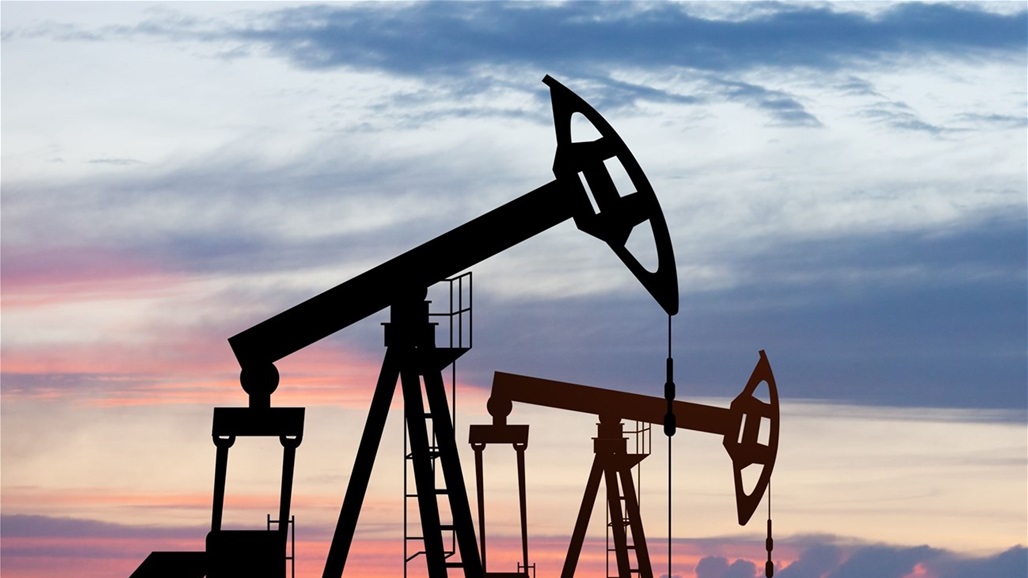Expectations for "OPEC+" to Approve a Slight Increase in Oil Production During Today's Meeting

Saudi Arabia, Russia, and the member countries of the "OPEC+" alliance are expected to announce during their "online" meeting today, Sunday, an agreement to implement a slight increase in oil production, as part of the group's efforts to enhance its market share.
The group, which includes Saudi Arabia, Russia, Iraq, the UAE, Kuwait, Kazakhstan, Algeria, and Oman, is witnessing a noticeable strategic shift. After years of reducing supplies to support prices, "OPEC+ has accelerated its production increases unexpectedly since the beginning of the year," as it has made "increasing its market share against U.S. shale oil a priority in its current strategy."
This trend appears to be "somewhat successful," according to Ole Havalbi, a commodity analyst at "SEB Bank," noting that "supplies from U.S. shale oil are no longer increasing as investments in new production decline."
Expectations suggest that meetings of the so-called "Group of Eight Willing Countries" will result in a new increase, after these countries raised their total production by about 2.7 million barrels per day since April.
In this regard, Emily Ashford, an energy analyst at Standard Chartered Bank, predicted that "the expected increase will be around 137,000 barrels per day starting in December," which is similar to the increase approved last month. Ashford also predicted that "the increase will have a limited impact on prices, as actual production will be below the target."
The group is expected to justify its decision to increase production "by the low levels of global inventories." Recent data from the U.S. Energy Information Administration showed a decline in crude inventories in the United States, which helped stabilize Brent prices near $65 per barrel.
However, the situation is not without complications, especially with increasing pressure on Russian supplies in late October following U.S. sanctions on "Lukoil" and "Rosneft," two of the largest oil producers in Russia. Analysts believe that the impact of the sanctions remains unclear, "as it depends on how strictly Washington enforces secondary sanctions on foreign entities dealing with the two companies."
In a comment on the situation, Patrick Pouyanné, CEO of French TotalEnergies, stated that the market "underestimates the impact of U.S. sanctions on two companies that are central to Russian oil trade," noting that "any sharp decline in Russian supplies could support prices."
Conversely, other analysts warn against overestimating, "emphasizing that Russia is still able to circumvent sanctions, as China—the largest importer of Russian oil—continues to buy under an agreement to reduce trade tensions with Washington."
The decision to increase production faces a persistent dilemma; on one hand, it may "pressure prices and reduce producers' profits," while on the other hand, "avoiding the increase may raise investor concerns and be interpreted as OPEC+ feeling weak in global demand."
There are also internal challenges, as "some members of the group, who have exceeded their quotas in the past, will be asked to compensate for the excess production, while Russia has already reached its maximum production capacity," according to Ashford.
Havalbi points to a paradox in the market, stating that "the increase in supplies came as a surprise, especially amid expectations of starting to store oil," noting that "large quantities of crude are being stored at sea and heading towards ports, surpassing the levels recorded during the COVID pandemic."
